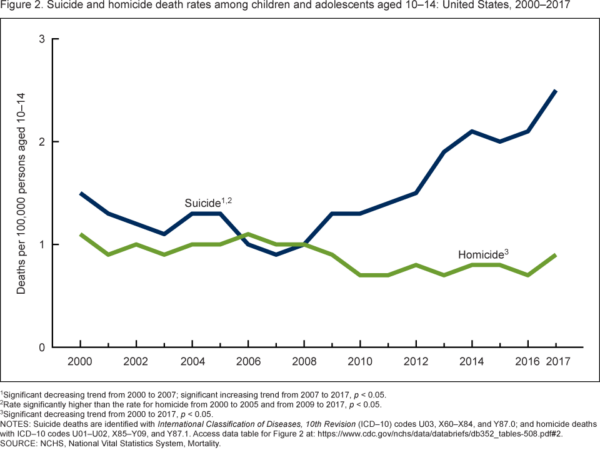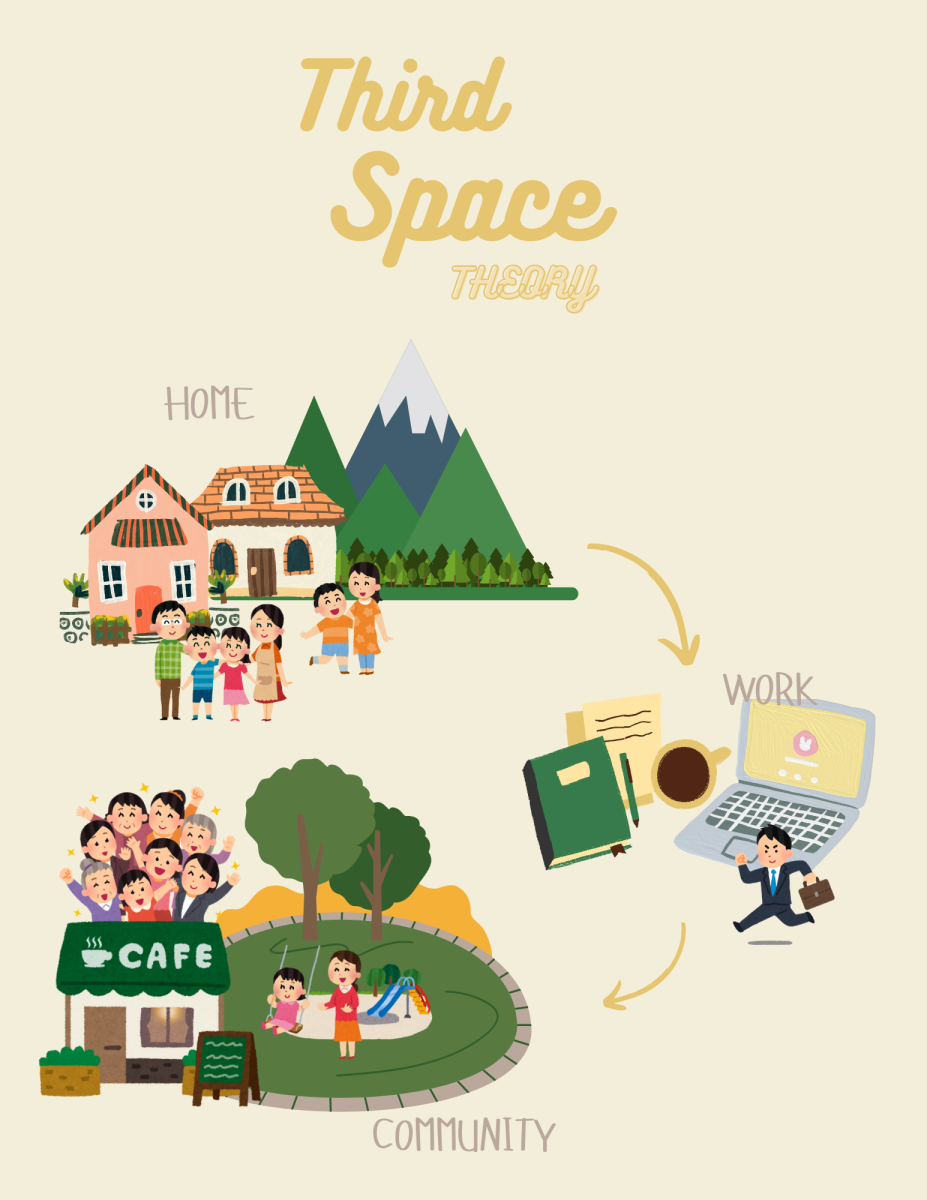Technology and productivity are basically two halves to the same concept—advancement.
But as technology continues to progress, is humanity advancing with it?
We’re all guilty of pulling out our smart phones to search for answers, and, at times, technology can be a life-saver.
Research has never been quicker and easier. Long distance communication is more seamless and effortless. Innovations, such as the James Web Space Telescope and self-landing rocket ships that allow humans to explore more of our universe than ever before, wouldn’t be possible without the advancement of technology. Additionally, for those who are disabled, advances in technology have drastically improved accessibility and transformed their quality of life.
But there is a fine line between using innovation as a resource and making it into a crutch.
Instead of using our own skills, more and more of us are reliant upon technology to perform the simplest of tasks. From asking Alexa to create shopping lists to googling simple math, actions that we normally did ourselves have been passed on to our smart devices.
Back in 1990’s and early 2000’s, when we needed directions, we looked at a map. If we didn’t know how to spell a word, we looked at a dictionary. And when we needed some new threads, shopping malls and department stores were our best bet. Friends were made in-person, and communities gathered, laughed and interacted without the influence of social media.
Computers and wireless cell phones were brand new phenomena, and their capabilities were nowhere close to what they are today.
Today, we use Google Maps to navigate to our neighbor’s house a few blocks away and spell check is automatically applied to almost everything we write. Amazon is the new shopping mall and our so-called “friends” are made with the click of a button.
The birth of the internet, the widespread use of smart devices, and now the rise of A.I. have undoubtedly altered the way people think, research, and communicate. Additionally, art, music, and creative design are being made by A.I. without human input.
We can all agree we’re advancing technologically, but, again, I pose the question: is humanity becoming smarter and more productive?
Believe it or not, according to the Centre for Economic Policy Research, global labor productivity was at a higher level in the late 90’s and early 2000’s than it was in 2015. That means the time people spent working was more effective before the rise of the internet and “smart” technology.
Zia Qureshi, a senior fellow at the Brookings Institute, said, “Productivity is the main long-term propeller of economic growth. Technology-enabled innovation is the major spur to productivity growth. Yet, paradoxically, productivity growth has slowed as digital technologies have boomed.”
This paradox is fascinating.
Despite our smart devices, social media connections, globalized society, and interconnected digital communities, people, especially children, are more depressed, lonely, and prone to self harm.
A study done by Jean Twenge, a professor of psychology at SDSU, came to the conclusion that advanced communication technology and social media was, in fact, harming the next generation. She did correlated studies which explored the connection between the introduction of the smart phone and social media and linked these developments to an increase in depression, self-harm, and suicide in today’s youth.

We all know that within the last 25 years technology has made leaps and bounds. But humans are social beings; we need community and physical interaction with one another. Yet, as society becomes more digitalized, we’re not growing in the inter-physical areas that are vital to humanity’s wellbeing.
So, I wonder: Is the easiness of the technology and knowledge at our fingertips bringing us together and making us smarter, or simply more dependent?
Innovation and advancement come from challenging our minds and spurring growth, by thinking about problems in new ways and from different human perspectives. But when we’re not exercising our minds, and letting our devices do all the thinking, are we really gaining anything?
Some would say, “Of course we are! We know more now about the universe than ever before.”
But is that knowledge in our minds or is it just stored in the cloud to be called up on demand? The unending supply of knowledge at our fingertips isn’t making anyone smarter.
Think about it: do you know how to get to a new destination without using your G.P.S.? Do you know how to do math in your head without a calculator? Can you survive a day without your phone?
The movie “Leave the World Behind” (2023), gives us a modern scenario where a sudden blackout creates chaos and madness. If technology went dark and everything stored in the Cloud and on the web was lost forever, it is interesting to consider how the world would respond. Most of the knowledge we possess is stored on the internet. And without it, I wonder if humanity would be able to rebuild, and when or if we do, what that would look like.
Maybe clicking the search button isn’t always the smartest way to the answer.
Corrections: March 13, 2024 @ 1:28 p.m. – A previous version of this story had the incorrect name of a study, showing “Economic Policy Research.” It has been changed to “Centre for Economic Policy Research.”














